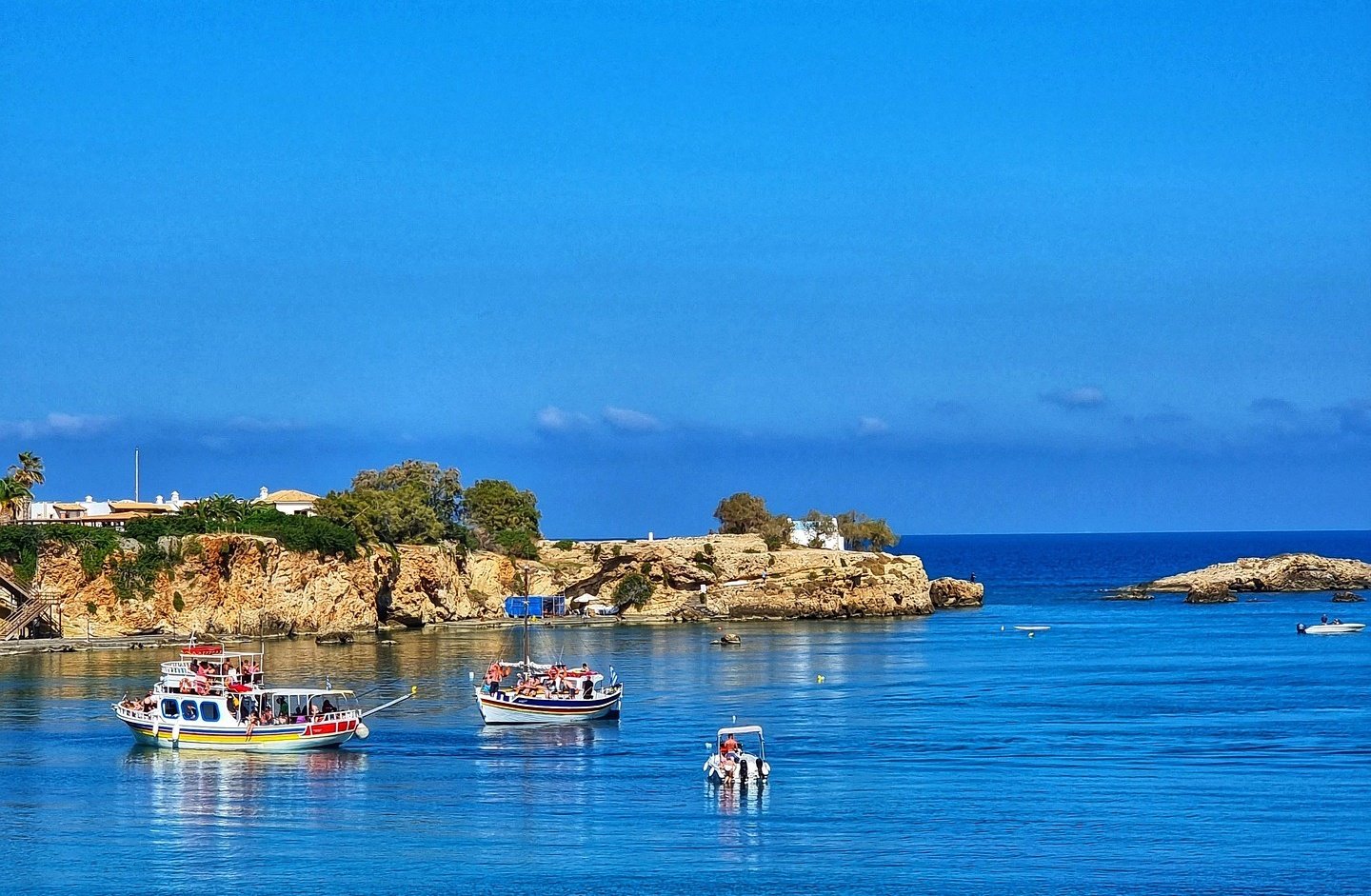
From now on, Crete's capital is accessible from the eastern Hungarian city.Continue reading

The HelloSafe platform has published its 2025 Travel Safety Index. Data from 193 countries was evaluated based on 35 criteria, focusing on five broad areas: natural disasters, social violence, armed conflicts, healthcare infrastructure, and militarization.
The data used in the survey comes from international organizations such as the World Bank and the World Health Organization (WHO). The result is an index value on a scale from 0 (very safe) to 100 (very dangerous).
Based on the analysis, Hungary is one of the safest travel destinations in the world.

Budapest, Parliament building, photo: Pexels
The top 15 list, which includes 12 European countries, is as follows:
Iceland (18.23 points)
Singapore (19.99 points)
Denmark (20.05 points)
Austria (20.31 points)
Switzerland (20.51 points)
Czech Republic (21.19 points)
Slovenia (21.44 points)
Finland (21.81 points)
Ireland (22.49 points)
Hungary (22.87 points)
Bhutan (22.98 points)
Qatar (23.33 points)
Slovakia (23.90 points)
Estonia (24.63 points)
Portugal (25.01 points)
The ranking of European countries facing the most security challenges is particularly noteworthy. Unsurprisingly, Russia ranks first with 75.65 points. Ukraine ranks second with 48.42 points.
In the case of the top two countries, the security risks are primarily attributable to the armed conflict, which affects large areas of the country and also has an impact on civilian infrastructure.
Greece’s third place ranking (with 36.56 points) might seem unexpected, but it’s largely attributed to a high risk of natural disasters, such as widespread forest fires in the summer, alongside existing economic and social challenges. France is close behind with 36 points. The reasons for this high ranking are the ongoing terrorist threat and social tensions. Italy ranks fifth with 34.74 points due to the high risk of natural disasters such as earthquakes and floods.
Natural factors also played a major role in Spain’s high score (34.20), including heat and the increasing risk of fires during the summer months, as well as occasional political tensions. In seventh place is an up-and-coming destination, Albania, with 31.95 points due to its weak healthcare infrastructure and political uncertainties. Cyprus’s eighth place ranking (with 31.41 points) is connected, among other things, to the division of the island and its tense relationship with Turkey.
The United Kingdom also appears in the top ten most challenging countries (30.59 points), mainly due to social and political tensions and high levels of crime. Bosnia and Herzegovina closes the list with 30.24 points, ranking high due to political instability and institutional weaknesses in the southeastern European country.
Via turizmus.com; Featured photo: Pexels